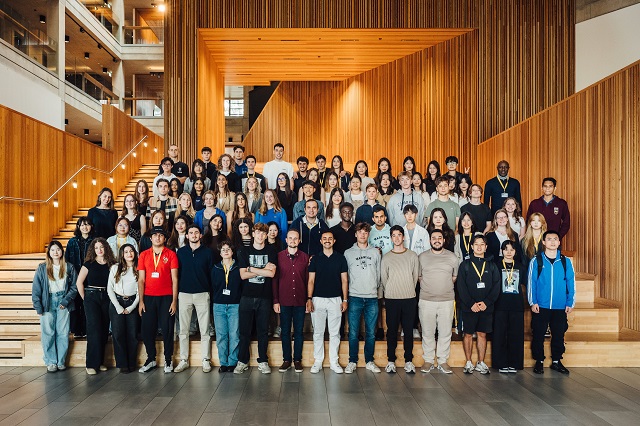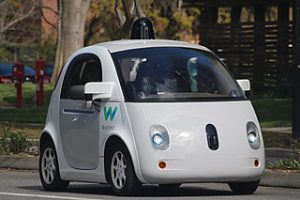Warwick Summer School 2026
November 7th, 2025A guest post from the University of Warwick:
Our Summer School (12 July – 1 August 2026) is a unique combination of learning and debating with Warwick academics and guest speakers. Students live alongside their peers in a range of room-only, B&B, half board, or full board accommodation options while engaging in an inspiring academic programme.

Economics Courses
For those interested in economics, our Summer School offers courses exploring key areas such as behavioural and experimental economics, money and banking, and international business and finance. Students engage in interactive lectures, seminars, and workshops, applying economic theory to real-world challenges.
Campus Life & Social Events
Outside the classroom, students can take part in a wide variety of social and cultural activities designed to help them connect with peers and enjoy the campus experience. Highlights include a meet and greet, team building events, welcome dinner, pub quiz night, curry, karaoke and disco evenings, farewell reception, sports and wellness activities, and optional day trips. These experiences provide opportunities for students to relax, socialise, and make lasting memories in a vibrant, international environment.
Students also have access to sports and wellness facilities, including organised football and badminton sessions, gym and pool use, and optional day trips to London, Oxford, and the Cotswolds & Bath.
This mix of academic rigour and social engagement ensures that Warwick Summer School participants gain both knowledge and lasting memories in a supportive, international environment.
For students aged 16-17 please visit our Pre-University Summer School.
 The
The 
 walking out – no checkout service included. The way customers pay for products is through in-store sensors, which monitor the items placed in a person’s basket and bill those products to their Amazon Prime account. It may sound simple, but software developers have been working on the idea for years. Amazon are now considering opening around 200 similar stores across the United States.
walking out – no checkout service included. The way customers pay for products is through in-store sensors, which monitor the items placed in a person’s basket and bill those products to their Amazon Prime account. It may sound simple, but software developers have been working on the idea for years. Amazon are now considering opening around 200 similar stores across the United States.


